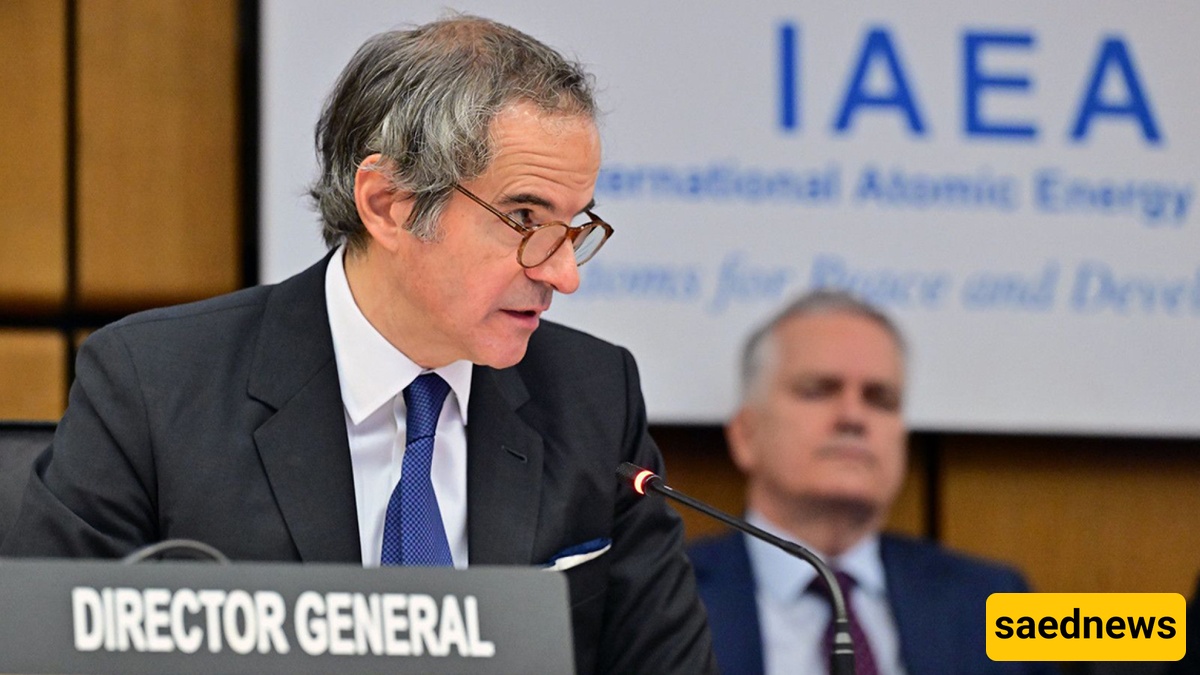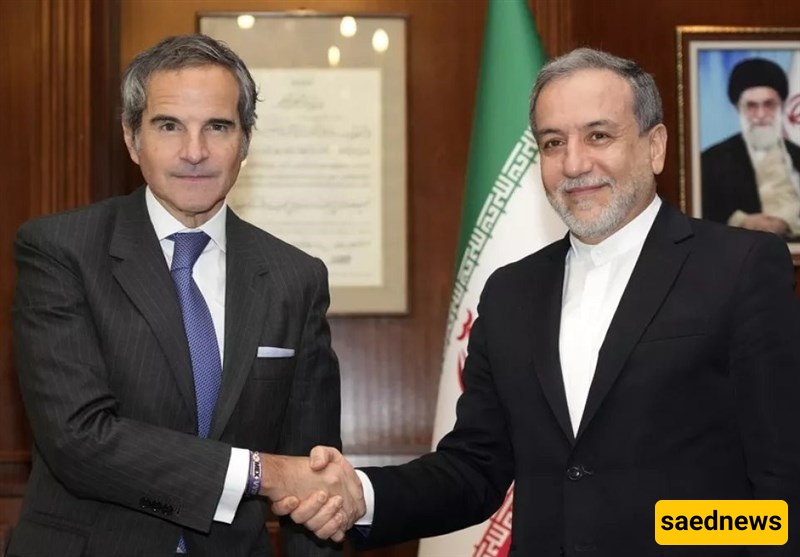SAEDNEWS: Iran and the IAEA are set to resume technical talks amid looming European “snapback” threats, with Tehran emphasizing its conditional cooperation following disputed agency reports.

A diplomatic source close to the International Atomic Energy Agency (IAEA) stated on Friday that, alongside planned contacts between European officials and Iran, IAEA officials in Vienna were also scheduled to meet with Iranian authorities.
According to Saed News and reported by the Associated Press, the talks are a continuation of discussions from the visit of Massimo Aparo, deputy to IAEA Director General Rafael Grossi, to Tehran on August 11.

Iran suspended cooperation with the IAEA due to the Director General’s alleged failure to fulfill legal obligations in safeguarding Iran’s peaceful nuclear facilities amid attacks by Israel and the United States, which Tehran considers violations under the agency’s safeguards agreement. Tehran also cited a technical report on Iran’s nuclear program, which it views as biased and as providing a pretext for these attacks.
Despite this, a level of technical dialogue continues, with Iran reviewing the shape of cooperation following recent developments.
Iran’s Foreign Ministry announced that Iranian Foreign Minister Seyed Abbas Araqchi would hold a phone conversation on Friday with his French, German, and British counterparts, in which Kaya Callas, the EU External Action Service official, will participate.
The Associated Press reported that the European trio (UK, Germany, and France) warned in a letter dated August 8 that if Tehran fails to reach a “satisfactory solution” on nuclear matters, they would activate the “snapback” mechanism to restore all UN sanctions against Iran. The deadline for this is August 31, leaving only nine days for any potential agreement between Iran and Europe. Restoring IAEA access to Iran’s nuclear facilities is a key part of these negotiations.
Previous talks in Istanbul in July on activating the snapback mechanism produced no tangible results. Iranian officials have emphasized that Europe lacks a legal and moral basis to activate the mechanism under the nuclear agreement due to its failure to uphold its own commitments.

